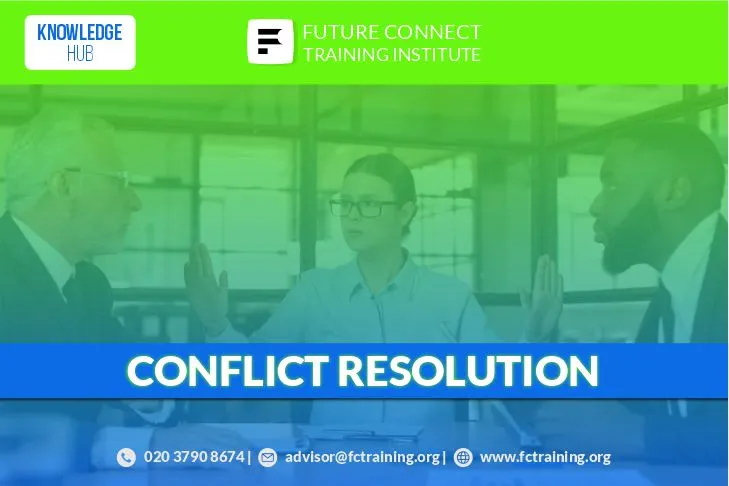
Introduction
Conflict resolution is an essential skill for accounting professionals, who often work in high-pressure environments where misunderstandings and disagreements can arise. Whether it's a dispute with a client or a disagreement with a colleague, resolving conflicts quickly and effectively is critical to maintaining good relationships and achieving successful outcomes.
Strategies to Resolve Conflicts
The following are some strategies that accounting professionals can use to resolve conflicts in a constructive and productive manner.
1. Keep communication open
Effective communication is key to resolving conflicts. When a conflict arises, it is important to keep the lines of communication open and encourage all parties involved to share their thoughts and feelings. Encourage active listening and try to understand the other person's perspective before responding.
2. Identify the underlying issues
To resolve conflicts, it is essential to identify the underlying issues. Often, conflicts are not just about the surface-level disagreement but are rooted in deeper issues such as miscommunication, misunderstandings, or different goals. Take time to explore the underlying issues and work towards finding common ground.
3. Focus on interests, not positions
In any conflict, each party will have their own position or stance on the issue. Instead of getting bogged down in positions, try to focus on the underlying interests. What is each party trying to achieve? What are their goals and motivations? By understanding each party's interests, you can often find a mutually beneficial solution.
4. Be willing to compromise
In some cases, it may not be possible to find a solution that satisfies everyone's needs completely. In these situations, it is important to be willing to compromise. Look for creative solutions that meet some of the needs of each party, even if it means giving up something in return.
5. Seek out a mediator
If a conflict cannot be resolved through direct communication, it may be helpful to seek out a neutral third-party mediator. A mediator can help facilitate a conversation and work towards finding a solution that satisfies everyone's needs.
6. Document the resolution
Once a conflict has been resolved, it is important to document the resolution. This can help prevent future misunderstandings and ensure that everyone is clear on the agreed-upon solution.
Conclusion
In conclusion, conflict resolution is an essential skill for accounting professionals. By keeping communication open, identifying the underlying issues, focusing on interests, being willing to compromise, seeking out a mediator, and documenting the resolution, accounting professionals can resolve conflicts effectively and maintain strong relationships with clients and colleagues.
FAQs
Q.1. Why is conflict resolution important for accounting professionals?
Accounting professionals often work in high-pressure environments where disagreements can arise, and resolving conflicts quickly and effectively is critical to maintaining good relationships and achieving successful outcomes.
Q.2. What are some strategies for resolving conflicts in accounting?
Effective communication, identifying underlying issues, focusing on interests, being willing to compromise, seeking out a mediator, and documenting the resolution are some strategies that accounting professionals can use to resolve conflicts in a constructive and productive manner.
Q.3. What is the importance of documenting the resolution?
Documenting the resolution is important to prevent future misunderstandings and ensure that everyone is clear on the agreed-upon solution.
Q.4. When should accounting professionals seek out a mediator?
If a conflict cannot be resolved through direct communication, it may be helpful to seek out a neutral third-party mediator to facilitate a conversation and work towards finding a solution that satisfies everyone's needs.
Q.5. What should accounting professionals focus on during conflict resolution?
Instead of getting bogged down in positions, accounting professionals should focus on the underlying interests of each party, try to understand the other person's perspective, and look for creative solutions that meet some of the needs of each party.